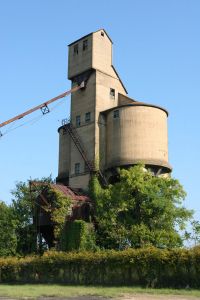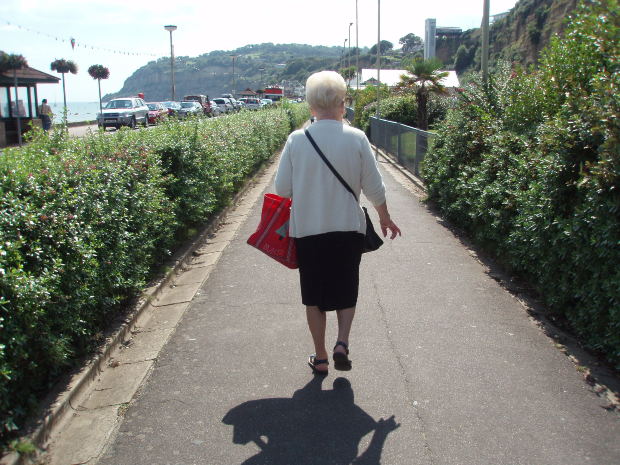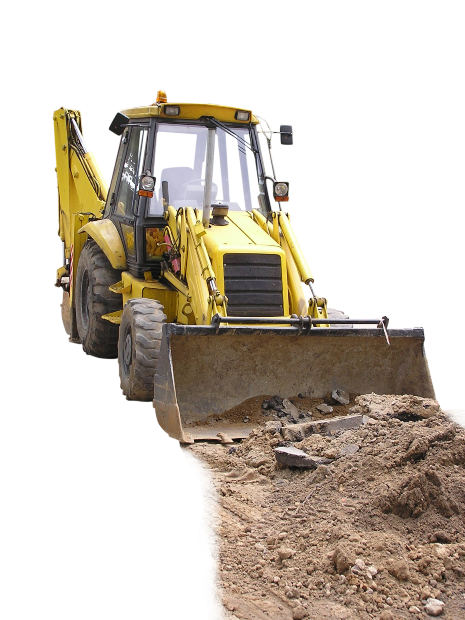According to recent news report from CBS Boston, a worker was filling a propane tank for a customer at an oil and gas distributor in Marshfield when the tank suddenly exploded. The propane company employee and the customer who owned the tank were serious injured as a result of shrapnel from the exploding metal propane tank.
 Witnesses say the tank then turned into what was essentially a missile and flew towards the neighboring liquor store and extremely high speeds. When the tank flew from the propane distributor, witnesses say in narrowly missed hitting a car and then continued towards the neighboring business. Customers inside the store aid the sound and the shock was jarring and glass fell from the shelves of the store and a large clock was also knocked off the store wall.
Witnesses say the tank then turned into what was essentially a missile and flew towards the neighboring liquor store and extremely high speeds. When the tank flew from the propane distributor, witnesses say in narrowly missed hitting a car and then continued towards the neighboring business. Customers inside the store aid the sound and the shock was jarring and glass fell from the shelves of the store and a large clock was also knocked off the store wall.
A fire marshal who inspected the damage said the tank was old and heavily rusted and should never have been filled in the first place. He further said anyone filling the tank should inspect it to make sure it is proper condition, and if a tank in this condition is seen, it should be immediately taken out of service and never filled with pressurized propane liquid-gas.
Continue reading
 Massachusetts Workers Compensation Lawyers Blog
Massachusetts Workers Compensation Lawyers Blog










